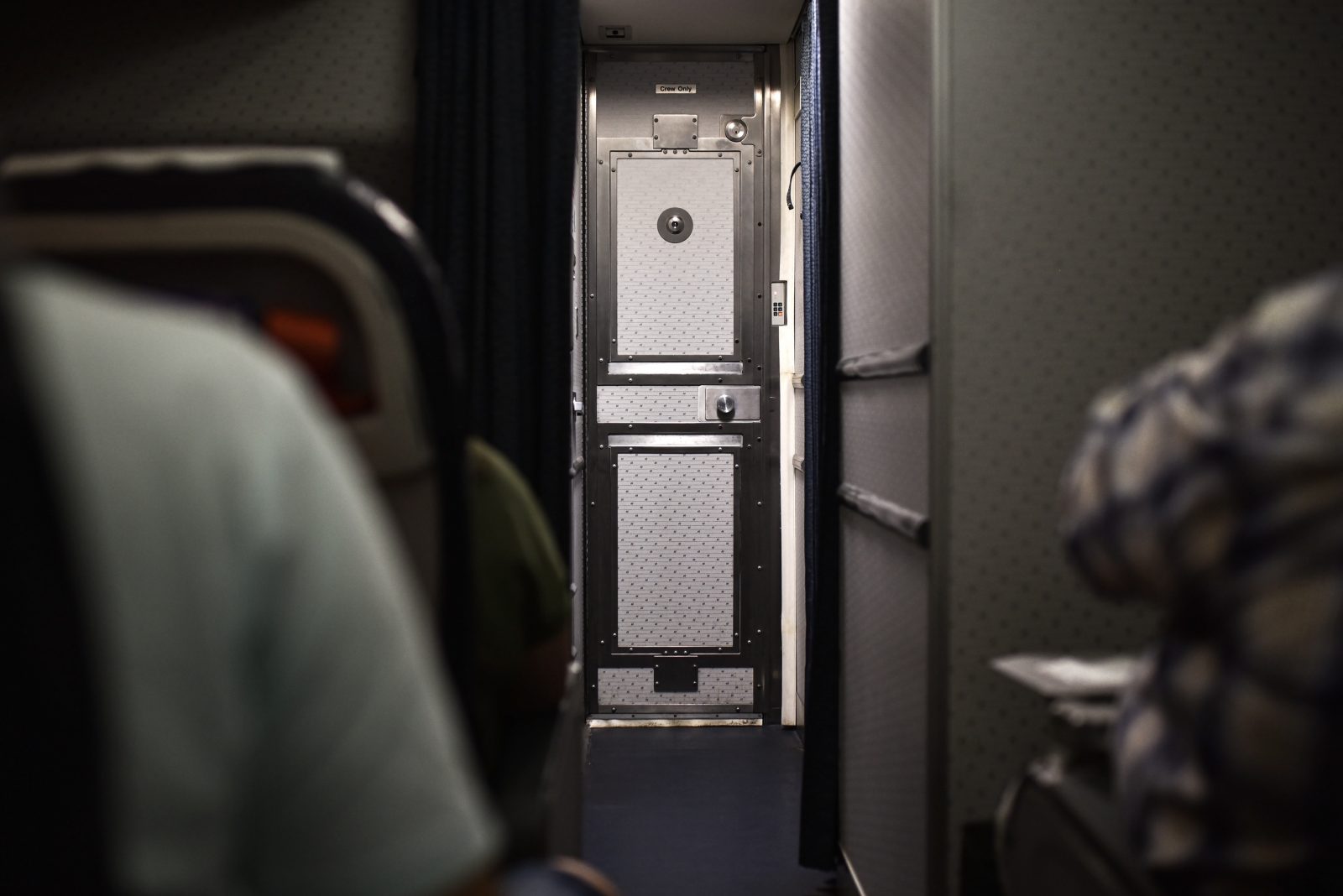
The Federation Aviation Administration (FAA) says that it wants to increase the length of time that cockpit voice recorders actually record from the current two-hour requirement to 25 hours.
FAA Administrator Mike Whitaker said on Thursday that increasing the cockpit voice recorder limit by 1,150% would give air accident investigators “substantially more data to identify the causes of incidents and help prevent them in the future”.
The proposal comes after a spate of alarming near-miss accidents, including several in which the cockpit voice recorder was overwritten and the data lost way before federal officials had even started their investigations.
In January, for example, an American Airlines-operated Boeing 777-200 entered an active runway at New York JFK while a departing Delta Air Lines Boeing 737 was speeding along the runway for takeoff.
The pilots of the Delta jet managed to slam the brakes on and averted a potentially catastrophic accident, and surprisingly, the AA plane was then cleared for takeoff. By the time the plane had reached London, the data from the cockpit voice recorder was already lost.
If approved, the proposed new regulation would increase the cockpit voice recording time from two hours to 25 hours only on newly manufactured aircraft.
“Specifically, the additional audio of longer duration CVRs (cockpit voice recorder) would provide authorities with more information on events and procedures undertaken in the flight deck in investigated incidents,” the rulemaking reads.
“This increased data may lead to new or more fully informed FAA recommendations or policy changes that could further enhance safety and reduce the risk that an incident becomes an accident”.
The FAA has already researched how much it would cost to install longer-length cockpit voice recorders and concluded that the additional cost is minimal and tops out at about an extra $4,500 per unit.
European airlines have been required to install 25-hour cockpit voice recorders on newly delivered jets since 2021. The International Civil Aviation Organisation (ICAO) has also recommended longer-length CVRs for the last two years.
The seemingly commonsense proposal, which follows international best proactive, doesn’t, however, come without controversy. The Air Line Pilots Association (ALPA) which represents pilots at several carriers, has expressed privacy concerns and has called on the FAA and NTSB to put additional safeguards in place.
Mateusz Maszczynski honed his skills as an international flight attendant at the most prominent airline in the Middle East and has been flying ever since... most recently for a well known European airline. Matt is passionate about the aviation industry and has become an expert in passenger experience and human-centric stories. Always keeping an ear close to the ground, Matt's industry insights, analysis and news coverage is frequently relied upon by some of the biggest names in journalism.







